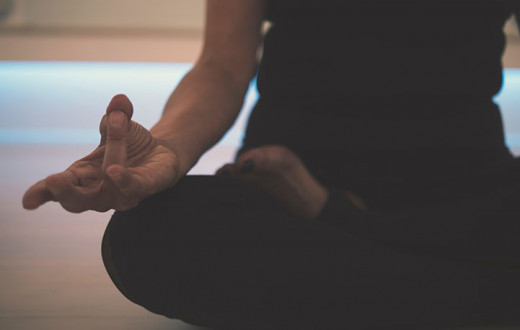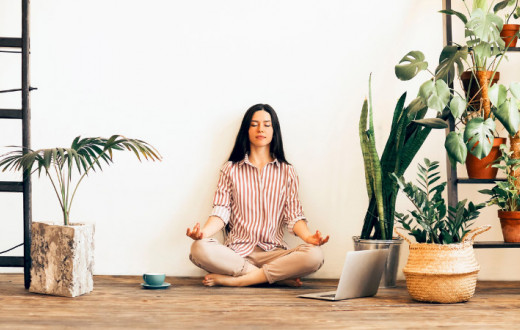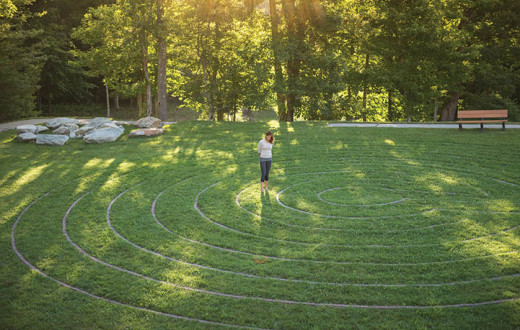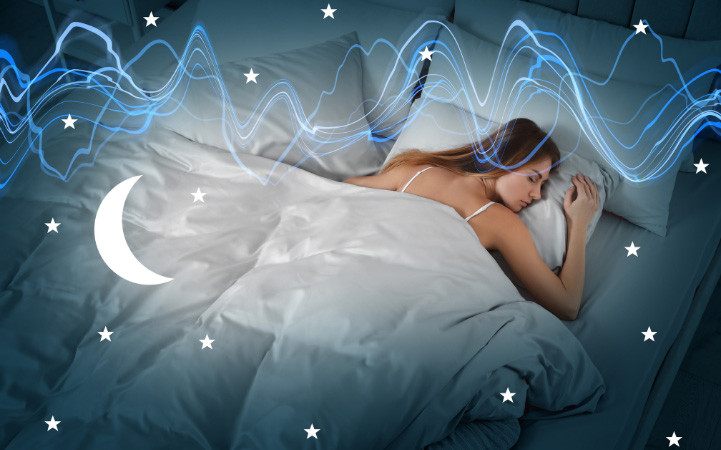
Not to be confused with cicada the insect, circadian rhythms have everything to do with your sleep-wake cycles. That’s not to say that cicada insects don’t have circadian rhythms; they do! Almost all living things have circadian rhythms, though they can differ quite a bit. Think bats, raccoons, and owls. While most of nature is sleeping or getting ready to sleep, some creatures have circadian rhythms opposite to humans and most other living things.
But there is a lot more to circadian rhythms than you might think. Read on to learn more about this naturally occurring phenomenon called circadian rhythms.
What are circadian rhythms?
Circadian rhythms are the body’s internal clock that affects our sleep cycles, digestive system, metabolism, energy, immunity, hormone production, and overall mental and physical health. In other words, everything!
What is the best time to sleep according to circadian rhythms?
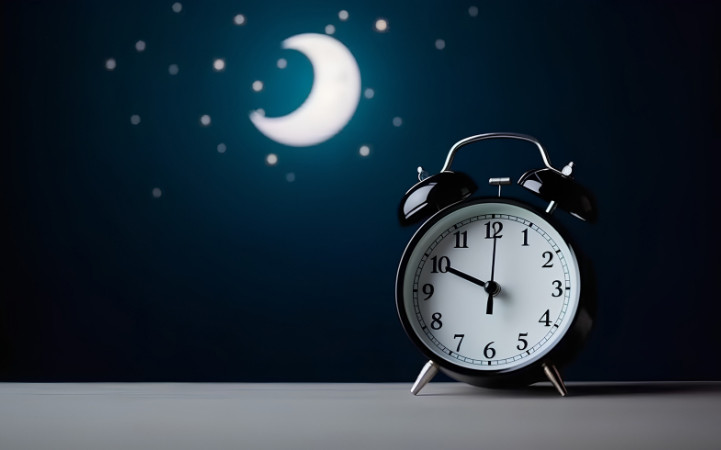
Because of circadian rhythms, we are hard-wired to sleep at certain times. That doesn’t mean we can’t force ourselves to stay awake or even change our sleeping habits to work the night shift. However, misaligning with our natural circadian rhythms has significant implications for our health, especially if that misalignment is long-term.
Most experts agree that going to bed between 10:00 pm and 11:00 pm will give you adequate rest (at least seven hours for adults) and align with natural circadian rhythms.
Some suggest going to bed when the sun goes down or soon after. This timing encourages waking up very early, typically before sunrise. Though it may not be easy or compatible with modern-day living, some spiritually motivated people swear their pre-dawn meditations, known as Brahma Muhurta, are more potent during this time.
Circadian rhythm sleep disorders
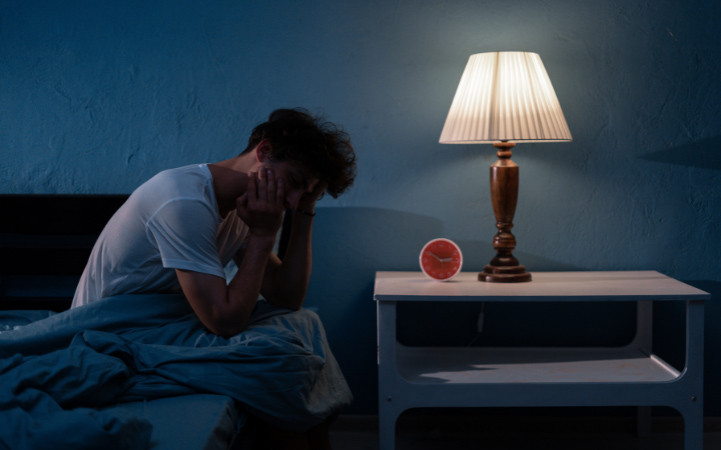
Delayed sleep phase disorder
An unbalanced internal body clock causes this disorder—delayed sleep phase. Those who suffer from delayed sleep phase disorder (DSP) typically fall asleep about two hours later than normal. Individuals with DSP also tend to wake up about two hours later, making it challenging to participate in normal work and school hours. DSP is more commonly known as insomnia. 🥱
Irregular sleep-wake rhythm
This rare circadian rhythm sleep disorder is when there aren’t regular sleep patterns—instead, individuals take numerous naps throughout the day and nighttime without a main sleep episode. This is more common with individuals who suffer from dementia, Alzheimer’s, brain damage, bipolar disorder, or intellectual disabilities. It is believed that those affected may have a weak circadian clock.
What causes circadian rhythm sleep disorders?

According to the Cleveland Clinic, circadian rhythm disorders are caused by the following:
- Frequent changes in work shift hours
- Jet lag
- Irregular bedtimes
- Brain damage
- Blindness
- Lack of sun exposure
- Poor sleep hygiene
- Older age
How are circadian rhythms related to jet lag?

Jet lag is considered to be more than just extreme fatigue. Jet lag, sometimes called jet lag disorder, can result in difficulty falling asleep. The more time zones you cross, the more likely you will have jet lag symptoms. Since your circadian rhythms are likely aligned with your original location, it takes the body some time to acclimate to the new environment’s rhythm.
Tips to help with jet lag
Before departure:
Factor in the time needed to adapt after your arrival before you attend important meetings or ambitious excursions.
Rest well.
A few days before traveling, stay up a little later or wake up a little earlier to gradually align with the new time zone.
Drink plenty of water.
Reduce blue light exposure.
While traveling:
Drink plenty of water.
Sleep or stay awake according to your destination’s time zone.
Reduce blue light exposure.
After arrival:
Sleep and eat according to the new time zone.
Drink plenty of water.
Reduce blue light exposure.
Get some sun exposure. One exception: if you cross more than eight time zones, avoid sunlight for a few days. 😎
Eat and sleep according to the new time zone.
Try earthing— walking barefoot on the earth for at least 20 minutes. This is also called grounding.
Use meditation, breathing exercises, and Yoga Nidra to overcome excessive sleepiness.
Note: Some of the above tips were derived from the Mayo Clinic’s tips for dealing with jet lag.
Hormones and your circadian rhythms
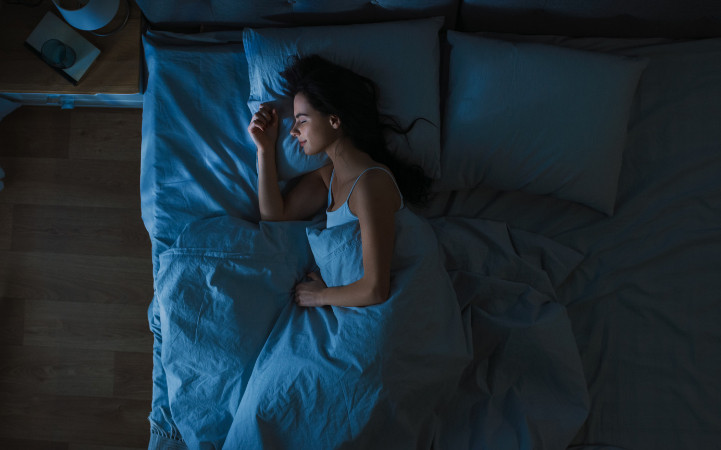
The endocrine system regulates hormones affecting your circadian rhythm. In particular, your pineal gland releases melatonin. Melatonin serves as a time cue and promotes sleep anticipation.
If you are struggling with advanced sleep phase disorder (severe insomnia), you may want to see a sleep specialist before you try melatonin supplements, which come with some risks.
What's the difference between a circadian clock and a biological clock?
Though the circadian clock and the biological clock are different, there is a connection. Biological clocks produce circadian rhythms and regulate their timing. But wait…there’s more…a master clock in the brain coordinates all the biological clocks. That’s a lot of clocks!
If you want to know more about these clocks, you can read the National Institute of Health’s pdf.
Circadian rhythm through Ayurveda
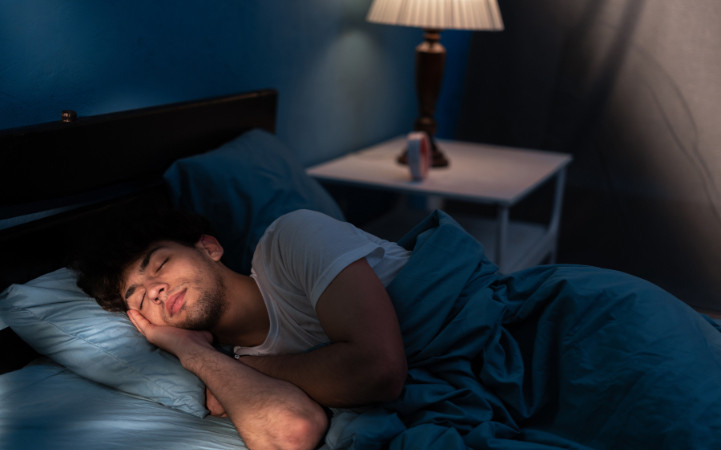
The ancient science Ayurveda has a daily routine called Dinacharya that gives guidelines for activities according to the time of day (or night) based on doshas. Doshas are qualities connected to the elements. Pitta dosha (fire element), Vata dosha (air element), and Kapha dosha (earth element) all have specific times when they are dominant and influence everything you do, including eating habits.
Following Dinacharya has a positive effect on your circadian rhythm. Check out this easy, downloadable guide here.
How to maintain a healthy circadian rhythm
- Consistent sleep schedule
- Regular exposure to daylight
- Exercise every day
- Do a morning meditation
- Take an evening walk
- Avoid caffeine after 4 pm
- Manage stress
Healthier circadian rhythms with the Art of Living

Specializing in meditation and breathing exercises, the Art of Living Foundation offers programs and techniques that help you fall asleep and have a stable circadian rhythm. Their pillar program, The Art of Living Part 1 course, teaches SKY Breath Meditation. SKY has helped millions with the following:
A healthy circadian rhythm thrives on consistency—and the Sleep and Anxiety Protocol helps reinforce your natural cycle with guided relaxation tools that ease the transition into nighttime rest. By settling your mind and soothing your body, you create ideal conditions for deeper sleep.
Rebalance your rhythm and experience more energized mornings with this structured approach.
Related articles
Meditation for Better Sleep: How to Tuck Your Mind Into Bed
Sleep Music To Help You Fall Asleep Like A Baby! Try Tonight
How The Right Sleeping Direction Can Give You A Better Night’s Rest



